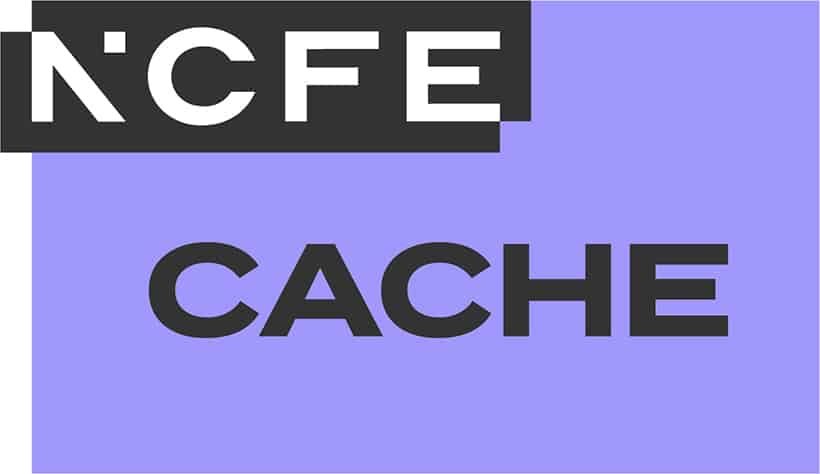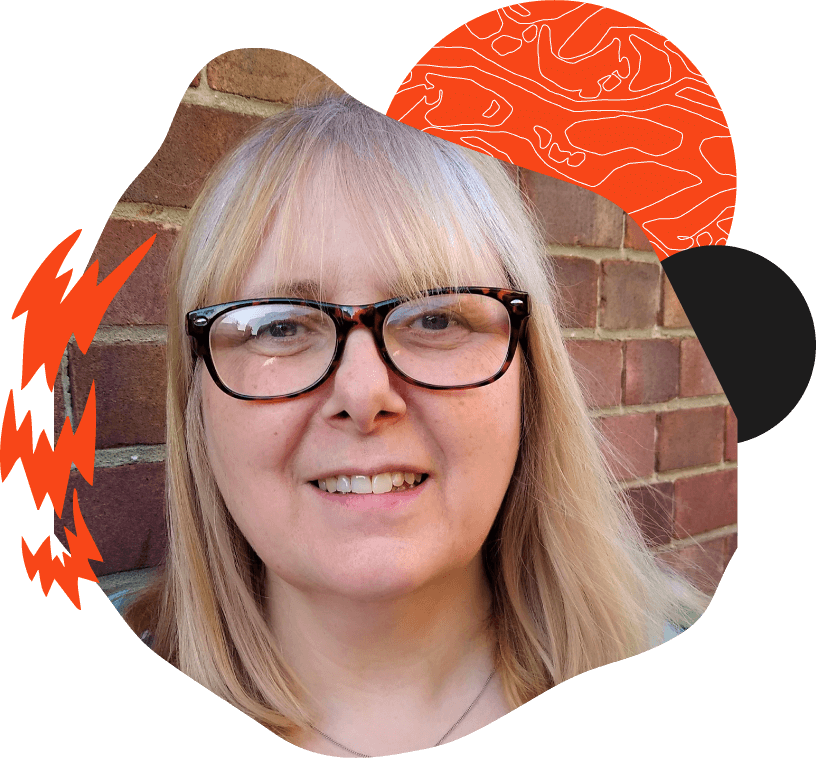What you will learn
-
Unit 1 - Roles and Responsibilities of the Early Years Practitioner (EYP)
- Responsibilities, boundaries, skills and behaviours of the EYP
- Policies and procedures within the early years setting
- Effective communication within the early years setting
- Professional development and reflective practice
-
Unit 2 - Health and Safety of Babies and Young Children in the Early Years
- Legislation and Legal Requirements for Health and Safety
- Possible incidents and actions to take
- Recording accidents, incidents and emergencies
- Lines of reporting
- Common childhood illnesses
-
Unit 3 - Equality, Diversity and Inclusive Practice in the Early Years Settings
- Diversity
- Equality
- Inclusion
- The impacts and effects of discrimination
- Legislation and codes of practice
-
Unit 4 - Safeguarding, Protection and Welfare of Babies and Young Children
- Types of abuse and neglect
- Safeguarding legislation, policies and codes of practice
- Policies and procedures
- Whistleblowing
-
Unit 5 - How to Support Children's Development
- Child development from birth to seven years
- Influences on the expected pattern of development
- Attachments and Key Person Approaches
- The Phases of Attachment
- The ‘Strange Situation’ study
- The Key Person’s role
- Relationships with parents
- Transitions in the Early Years
- Supporting children during transition and significant life events
-
Unit 6 - Support Care Routines for Babies and Young Children
- Rest and sleep needs
- Sudden Infant Death Syndrome
- Immunisation schedule
- Care routines
-
Unit 7 - Supporting the Planning and Delivery of Activities, Purposeful Play Opportunities and Educational Programmes
- Play and child development
- The necessity of play in development
- The benefits of different types of play
- Child-initiated and adult-led play
- Observation, assessment and planning
-
Unit 8 - Promoting Play in Early Years Settings
-
Unit 9 - Supporting Wellbeing of Babies and Young Children for Healthy Lifestyles
- Initiatives that support healthy eating and nutrition
- Planning a weaning programme
- Effects of poor diet on babies and children
- Special dietary requirements
-
Unit 10 - Supporting Babies and Young Children to be Physically Active
- The benefits of exercise and physical activity
- National initiatives to promote physical activity
- Working in partnership with parents and caregivers
-
Unit 11 - Supporting the Needs of Babies and Young Children with Special Educational Needs and Disability
- Biological and environmental factors
- Planning for the inclusion of a child with additional needs
- Attachments and Key Person Approaches
- Transitions in the Early Years
- Effects of transitions
- Working with others to meet additional needs
-
Unit 12 - Promoting Positive Behaviour in Early Years Settings
- Procedures
- Being a good role model
- A good behaviour policy
- Setting boundaries
-
Unit 13 - Partnership Working in the Early Years
- Working with parents / carers
- Working with colleagues
- Working with other professionals
- Legislation, policies, procedures and guidelines
- Confidentiality
- The Data Protection Act 2018 and GDPR
- Reporting lines
- Encouraging parents to take an active role
-
Unit 14 - Supporting the Needs of the Child in Preparing for School
- Communication skills
- Self-confidence
- Independence
- Cooperation
- Managing feelings and behaviour
- Being adaptable to change
- Factors affecting children’s readiness for school
- How an Early Year’s Practitioner supports children to prepare for school
- Personal, social, and emotional development
- Physical development
- Communication and language
- Areas of learning and development
- Assessment strategies
- The current frameworks assessment process in supporting children’s preparation for school
- Systematic synthetic phonics in teaching reading
- Strategies for developing emergent literacy
- Developing emergent mathematical skills
Awarding Body

CACHE stands for the Council for Awards in Care, Health and Education, and are the leading specialist Awarding Organisation for the Care and Education Sector.
View our other Council for Awards in Care, Health and Education qualifications.
Awarding Body
Upon completion of the qualification, learners can be counted towards the statutory framework for the EYFS staff: child ratio at Level 2. Learners will be awarded a formal certificate of achievement by NCFE CACHE. Read more about NCFE CACHE.
This qualification allows a learner to count towards the Level 2 ratio as a qualified Level 2 Early Years Practitioner across the Early Years Workforce.
Learners may work under supervision in a variety of Ofsted-regulated environments such as:
-
- Classroom Assistant
- Pre-school practitioner
How is this course assessed or examined?
This course is assessed in two ways:
Tutor-marked assignments (TMAs)
Each unit is followed by a tutor-marked assignment (TMA) which will be completed at the end of each module and marked by your tutor.
You will not be required to take an external exam with this course as your portfolio of evidence is internally assessed by us and externally quality assured by the awarding body. The outcomes for each TMA are Achieved or Not Yet Achieved. Your tutor will provide feedback on your work, and should there be any amendments required, they will outline what is needed for you to complete that assignment.
Observation (included)
This course requires up to three observations. This means that somebody will need to observe you in practice. This could be in a workplace or a voluntary placement. These practical observations will be carried out by an Oxbridge Assessor (we’ll visit you) and that’s included in the course price.
We offer up to three complimentary external observations for this course to any student on the UK mainland, which is enough to complete the course.
More information about practical observations
Important note about Observations
Many other providers are currently not compliant with the observation requirements for this course.
It is not possible to complete the observations in this course using a member of staff in your placement. Observations must take place directly by the centre that runs the course.
When comparing us to others, please ensure they provide direct observations from their centre. Otherwise, you will not be able to complete your course.
Entry requirements
You must be working, volunteering or on practical placement as you will need to show competence in both knowledge and skills. You need to complete over 250 hours of placement whilst undertaking this qualification. Your placement needs to allow for skills application with babies and young children to meet the assessment criteria for this qualification.





